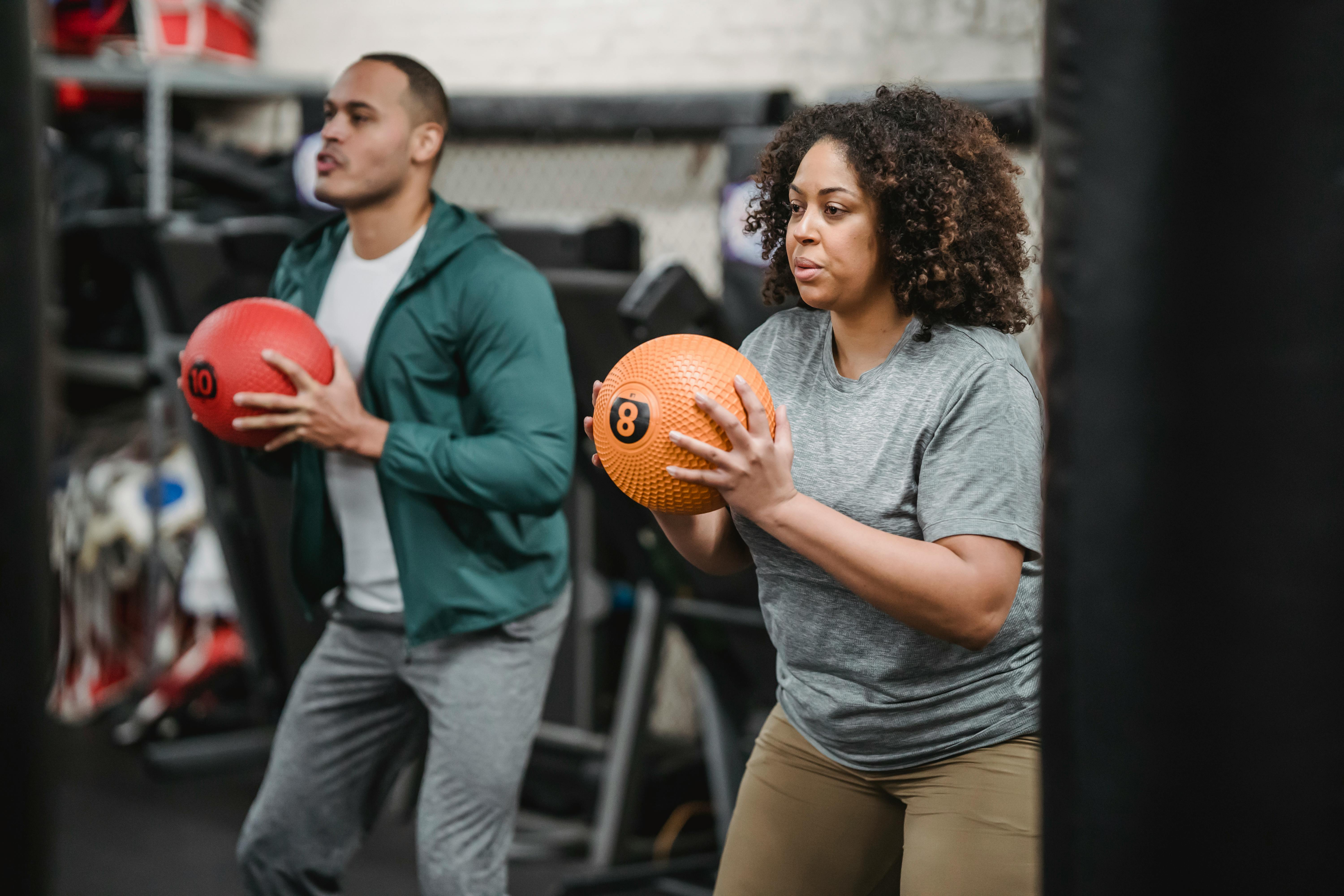
Overcoming nerves in a fencing tournament
“I always get really nervous before a tournament. I worry about fencing people I’ve never fenced before. What should I do?”
Think about your last tournament. You were probably just standing there, looking at all the new faces. Do you remember when they called the pool and you and the rest of the pool shooters were on the court waiting for the referee to arrive? I can remember how I felt at that moment. My heart would be racing and my chest would feel tight.
Why did my body react this way? Emotional reactions can create physiological responses. A physical response to immediate stress is called fight or flight syndrome. The body anticipates an impending fight and, as a defense mechanism, increases blood flow to vital organs to prepare for survival. Your heart beats faster and adrenaline shoots through your arteries. You may have sweaty palms, butterflies in your stomach, a rapid heartbeat, or an urge to use the bathroom.
These responses you get when facing a new opponent are a normal part of swordsmanship. In practice, it’s usually not annoying if you lose to someone you’ve never fought before. In competition, however, picking up a new opponent is extremely common, and losing to him packs a lot more punch than in practice. Fencing someone requires a lot of adjustment, patience, and concentration, while maintaining a sense of time and distance.
New styles, funky shapes, and changing tempos can create a variety of emotional and physical reactions both before and during combat. He may experience doubt and lack of confidence in his ability to adjust to a new fencer. Fortunately, it’s completely normal for anyone to feel this way, no matter how long they’ve been fencing. It’s a way your body tells you it’s ready for battle. Being nervous is not a sign of being a bad fencer; it’s a way of saying you care about the outcome of the fight.
Turn fencing someone new from an obstacle to a worthwhile challenge. Follow the CPT steps through your trainingand you will be able to face new competitors more easily.
- control As much as you can. Going to practice as often as you can, working as hard as you can, and staying physically fit are all things you can control. Focus on your game by strengthening your weaknesses and using your strengths. You cannot control your opponent’s rating. You can challenge them by giving it your all.
- Plan for the tournament being prepared in every possible way. Work hard in practice by training with your coach and teammates. Close to various types of people, from beginners to elite competitors. Learn the terminology, rules, and equipment. Watch other fencers warm up, or even practice fencing as your own warm up, to get an idea of their style and experience level. Get enough sleep the night before and eat breakfast that morning. Keep hydrated. These are all things that will get you ready for the competition.
- Trust yourself!! You have trained rigorously to compete. There is no more training you can do until the start of the tournament. Competition is not the place to perfect new moves. This is the time to apply what you know. Trusting that you can perform the skills necessary to succeed no matter who you’re up against is a big part of building confidence and success. Know that you can recover from mistakes, fight for every touch, and not stop fencing until the referee says “Stop!”
If you’re nervous about fighting someone new in a tournament, remember that this is a natural part of fencing. It will happen over and over again, so learning to handle it constructively will be to your advantage.
Keep the CPT steps in mind and you’ll be ready to take on anyone.